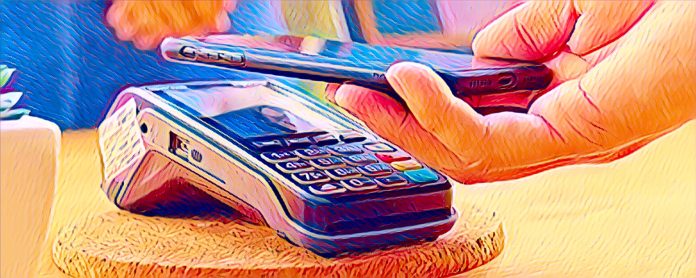KEY POINTS
-
Rural Nigerian women are leveraging digital wallets to send and receive money, run businesses, and manage household finances, increasing their economic independence.
-
Supported by NGOs and fintech platforms, these women are bypassing traditional banking barriers through mobile technology and targeted digital literacy training.
-
Despite infrastructure and literacy challenges, the adoption of digital wallets is helping drive financial inclusion and economic resilience in Nigeria’s most underserved communities.
In the dusty village of Gashua in Yobe State, 42-year-old Hadiza Suleiman opens her mobile phone beneath a baobab tree, checks her balance, and sends money to her cousin in Katsina—all within seconds.
She is not a banker, not an urban dweller, and not formally employed. But Hadiza, like thousands of other women in remote Nigerian communities, is part of a quiet digital revolution that is transforming local economies one mobile transaction at a time.
Through the increasing use of digital wallets, rural women are reshaping how money moves, how goods are traded, and how families survive in Nigeria’s underserved regions.
These women, once cut off from financial systems by geography and gender, are now at the forefront of digital inclusion thanks to low-cost smartphones, fintech innovation, and strategic partnerships between NGOs and mobile money providers.
“Before, if you wanted to send money, you had to take a bus to the nearest town,” Hadiza says. “Now, I do it from here with my phone. I even get small payments from customers in Damaturu.”
Digital wallets are empowering women as financial leaders
In many parts of Nigeria, women—especially in the north—have traditionally been excluded from formal financial services due to cultural restrictions, lack of identification documents, or illiteracy. According to the Central Bank of Nigeria (CBN), as of 2023, only 33% of rural women had access to a bank account, compared to over 60% in urban areas.
However, with the rise of mobile banking agents and USSD-enabled digital wallets, that statistic is changing rapidly. Platforms like OPay, Palmpay, and MoMo are offering low-barrier entry points, allowing women to register accounts without formal IDs and perform basic transactions with minimal data or connectivity.
A major driver of this shift has been targeted financial literacy programs. Nonprofits such as Women in Digital Finance (WiDF) and international development agencies like GIZ have launched training workshops across Borno, Niger, Zamfara, and Ebonyi states.
These programs teach women how to use digital wallets, avoid fraud, and even start small e-commerce ventures by leveraging peer-to-peer mobile payments.
“We noticed that when you give women the tools, they become economic anchors,” says Ngozi Uba, a program officer with WiDF. “Many are now running micro-businesses from their homes—selling produce, crafts, or secondhand clothing—and receiving payments digitally.”
In the village of Eha-Amufu in Enugu State, 29-year-old Chidinma Ekene sells dried crayfish and palm oil to urban customers via WhatsApp and receives payments through her Kuda wallet. Her husband, a bricklayer, once handled all the family’s finances, but now Chidinma manages the savings and oversees household budgeting.
“I can save for our children’s school fees without going to town,” she explains. “And I no longer depend on anyone to collect payments or keep cash for me.”
The broader impact is being felt across multiple sectors. Local markets have become more efficient as cashless transactions reduce theft and improve accountability. Informal savings groups known as esusu are going digital, with members contributing through mobile wallets and tracking their balance digitally.
Rural women are even participating in small-scale crowdfunding for farm equipment or education through group wallets.
Government and private sector players are taking note. The CBN’s National Financial Inclusion Strategy has added rural women’s digital banking access as a key metric for progress. Some mobile money operators have introduced local-language interfaces and voice-guided apps for users with limited literacy.
But challenges remain. Network instability in remote areas, digital fraud, and limited smartphone penetration still affect adoption. Despite these, the trend continues upward.
“The shift is irreversible,” says Ibrahim Dogo, an economist and rural finance consultant. “When women get access to digital money tools, they become drivers of household welfare, local investment, and even inter-state commerce. It’s the most underrated economic story in the country right now.”
As Nigeria continues its journey toward a cashless society, it’s becoming increasingly clear that the quietest but most powerful agents of change may not be in the banking halls of Lagos or Abuja—but in the dusty markets, farmlands, and homes of women like Hadiza and Chidinma.



